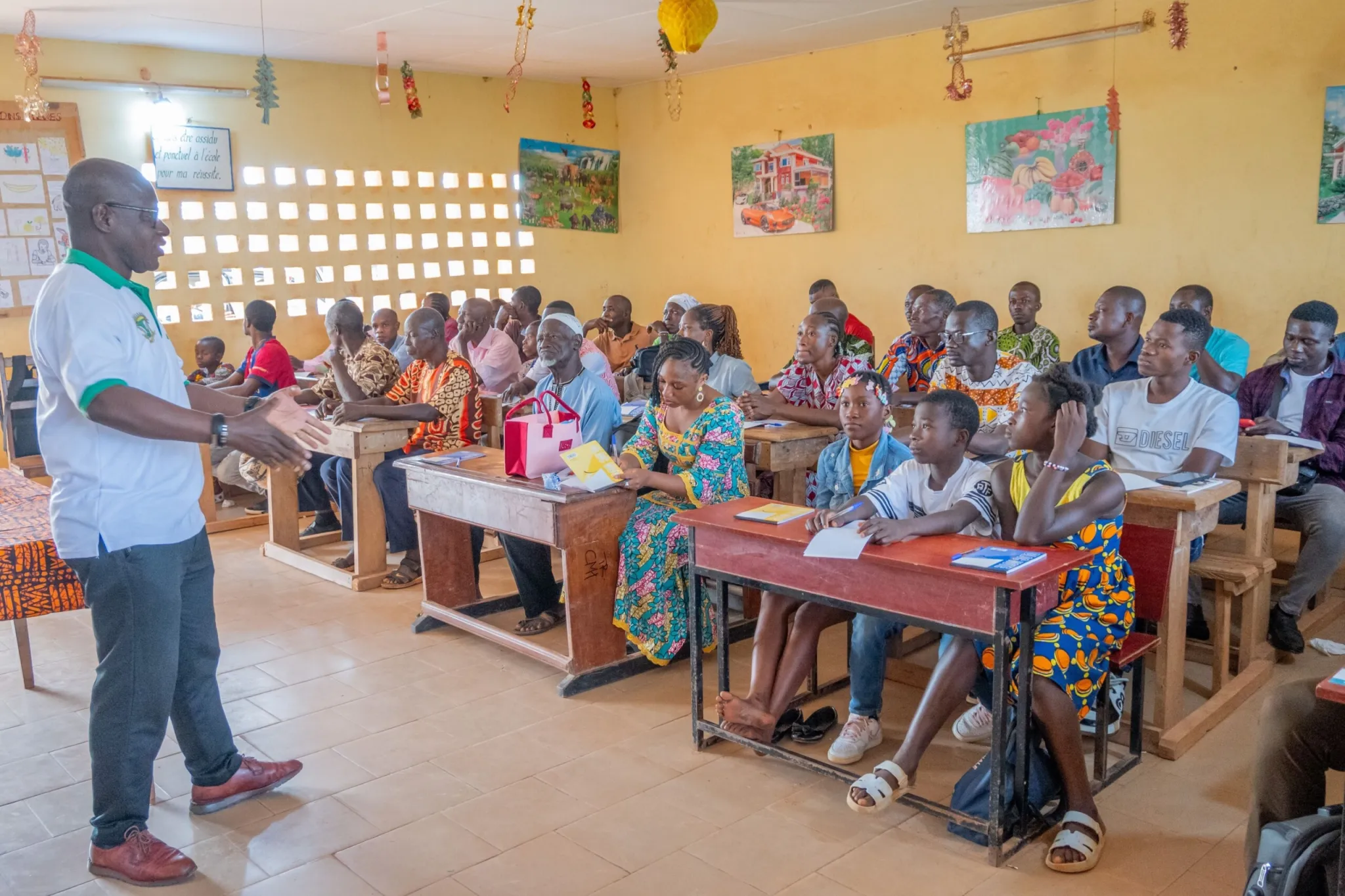LGI’s recent research note on Learning Teams for Foundational Learning offers a fresh perspective on ways to address educational challenges. It lays out examples of learning team approaches from different country contexts that have successfully improved foundational learning outcomes, sets an agenda for further research in this arena, and provides policy recommendations for governments on embedding such approaches within educational systems. In order to ensure inclusive learning teams that are sensitive and responsive to existing systemic and institutionalised social imbalances, there are some gender considerations for both research and policy that emerge from this report.
Learning Team Structure, Composition and Gender Dynamics
A better understanding of gender dynamics within learning team compositions, the politics of the distribution of tasks and responsibilities, and whether this distribution is gendered is essential to developing inclusive learning teams.
This relates to:
- Who is part of the learning team?
- What is the agency of various actors within the learning team?
- What are they responsible for, and how was this determined?
- How many roles do they occupy?
- How do team members interact with each other, and with actors external to the team?
- Where does the natural leadership of the team fall?
Learning teams are dependent on context and needs, and present the opportunity to engage the wider education workforce. Therefore, research on the ways in which they can be leveraged to redistribute tasks in a manner that promotes healthy relationships, supports inclusive structures, and positively challenges harmful gender norms and unequal power dynamics is critically important.
For instance, distributing responsibilities in a manner that provides women greater decision-making power and autonomy is one way of subverting normative gender roles and tasks. Another example would be encouraging greater gender parity in the care-work performed by educators such as tasks related to school meals, and ensuring the professionalisation of these roles. This could potentially contribute to a gender transformative education system by challenging existing power relations and gender roles within the workforce.
Potential of a Learning Team Approach for Addressing Gender Inequalities: Putting Gender Transformative Community Engagement at the Heart of Education
Children and young people from marginalised communities often face unique barriers due to wider social and cultural inequities. Research on the potential of learning teams to address these concerns, such as the needs of adolescent girls in traditional schooling systems, or the integration of children excluded by disability or ethnicity, could play a part in addressing some of these societal imbalances.
Learning teams harness local skills and knowledge, advocating for deeper community engagement. Since gender roles in most societies entail women being the primary caregivers for children, they often become the recipients or target audiences for family and community engagement and outreach activities through educational institutions. Research on the potential and strategies for learning teams to engage the wider community beyond women could help create more inclusive learning teams, and as a result, more inclusive education systems that challenge the notion that care-giving is solely the woman’s responsibility.
The research note shares an example of itinerant teachers in Togo whose home visits better involved parents in their children’s education. Drawing upon this, exploring how such visits could engage fathers in the education process more deeply could not only challenge gendered caregiving norms but also create a more holistic support and scaffolding system for the learner.
Institutional Gendered Barriers for Women in Leadership
While the research note provides examples of successful learning team approaches for foundational learning that may be time-bound or delivered by NGOs, it makes the case for embedding these within government for greater scalability and sustainability providing recommendations t for governments to consider. Since learning team approaches involve individuals at all levels of the education system, a capacity assessment to understand who the system is composed of and what roles they perform is essential to successfully embedding such approaches.
A first step could be an analysis of the institutional barriers that women face within educational systems. This analysis should help the system’s actors to understand prevailing barriers to upward job mobility, possible exclusion from decision-making positions and roles, the threat of insubordination and lack of compliance from male subordinates to directives by women in leadership positions due to ingrained gender norms. Research on strategies to address these barriers, such as training opportunities, professional networks, coaching and mentorship programmes for women are crucial to establishing gender-sensitive capacity building programmes by the government that might enable a more inclusive learning team approach across the breadth of the education workforce.
Learning teams therefore hold much promise for improvement in foundational learning outcomes, however consideration of the gendered implications within and as a result of such initiatives is crucial for them to be harnessed as a force for systemic and institutionalised inclusion within, and through, educational structures. The conscious integration of gender equity in the composition, roles, function, and strategies of learning teams, alongside an analysis of institutional gendered barriers and capacity, forms a basis for ensuring these initiatives can create an equitable education system.


